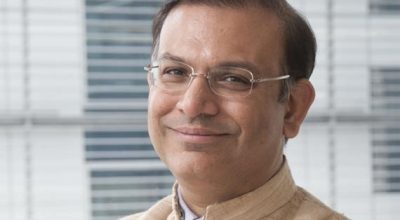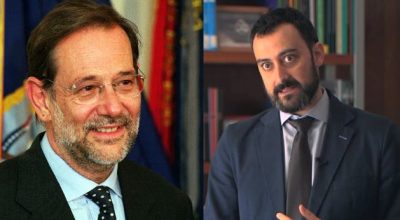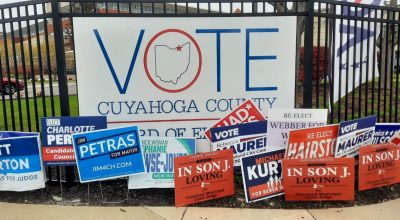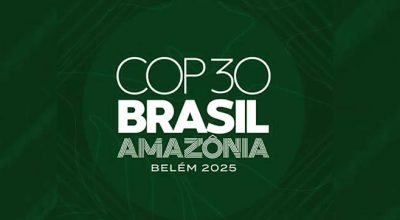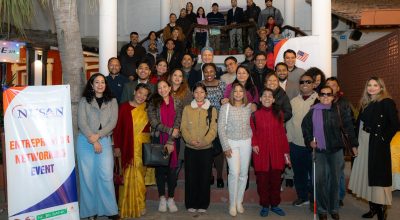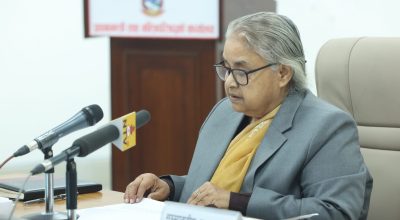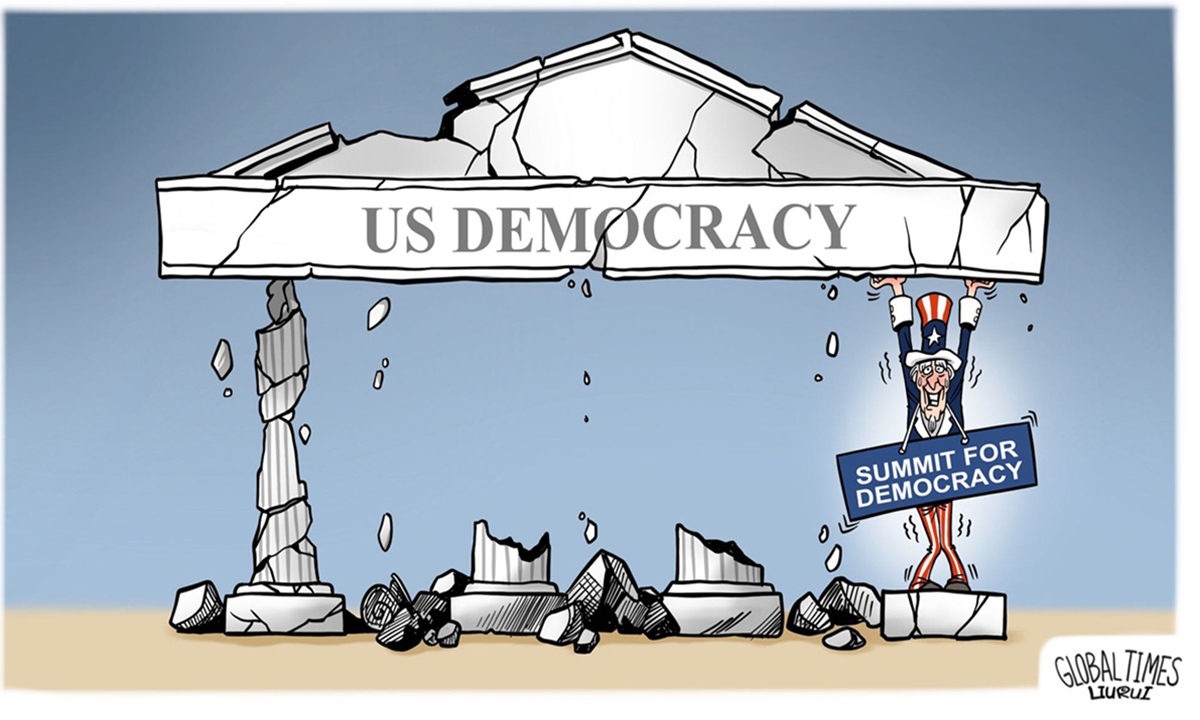
It is an open secret time, in the name of so-called democracy, the US has been interfering in an internal affair of other countries. Political scientists opined that US foreign policy is behind the instability, conflict and poverty in many countries. Democracy summit of the last year has been totally failed and it further divided the global community. Without learning from it, the US is again going to organize such kind of summit this year too. Democracy and human rights are best tools for the US establishment to fulfill its national interest with creating chaos, insecurity and imbalance in the world. The US wants more chaos in the world, which it thinks an excellent situation to impose hegemony and influence. The world community, learning from the past, shouldn’t attend this summit, and send a message to the US establishment that it should become responsible at first, and leave hegemonic approach. The world shouldn’t repeat the mistake to support the US policy blindly.
Democracy is built on the principles of transparency and public participation, and the failure of a democracy summit to achieve its goals can have severe consequences. It could lead to a loss of faith in democratic institutions and a rise in populism. Moreover, if the summit does not succeed in promoting trust and stability in the world, it could also have negative effects on the economy, security, and social cohesion. As such, it is crucial that international organizations and nations work together to address the challenges facing the global system and uphold its values.
In recent years, Western democracy has come under increasing scrutiny due to the challenges it faces in many countries. While democratic ideals such as transparency and public participation are still widely valued, the implementation of these principles has been problematic in many cases. This has led to disillusionment and frustration among citizens, who feel that their voices are not being heard, and that their needs are not being addressed by the political system.
One of the key problems with Western democracy is its susceptibility to corruption and special interests. The influence of money in politics, combined with the rise of powerful corporate and lobbying interests, has eroded the ability of elected officials to represent the interests of the people. This has led to a growing sense of inequality, with many citizens feeling left behind and ignored by the political establishment. Additionally, the increasing polarization of politics, fueled by social media and other forms of media, has made it difficult for meaningful dialogue and compromise to take place. As a result, many Western democracies are facing significant challenges in maintaining stability and meeting the needs of their citizens.
The United States has a long history of direct military intervention or political meddling. While the intentions of such interventions may be noble, the results are often disastrous, leading to instability, violence, and even the erosion of democratic values. Therefore, it is important for the US to exercise caution and restraint when considering involvement in other countries in the name of democracy.
One example of US intervention in the name of democracy gone awry is the case of Iraq. In 2003, the US launched a military invasion of Iraq under the guise of promoting democracy and removing weapons of mass destruction. However, the invasion was based on false pretenses and led to a prolonged and costly conflict that destabilized the region and ultimately failed to establish a functional democracy in Iraq. This intervention also caused immense human suffering, with hundreds of thousands of Iraqis losing their lives and millions more displaced from their homes.
Another example is the case of Venezuela, where the US has been accused of supporting a coup against the elected government of Nicolás Maduro. While the situation in Venezuela is complex and fraught with political and economic challenges, US intervention in the country’s internal affairs has only exacerbated tensions and further polarized the political climate. Such interference undermines the legitimacy of democratic institutions and can damage the prospects for a peaceful resolution of conflicts.
The United States has unnecessarily claimed itself as a champion of democracy and human rights around the world. However, the use of these ideals as a pretext for dividing the world into “us” versus “them” is counterproductive and can lead to an erosion of these very values. The US should refrain from using democracy and human rights as a justification for dividing the world, and instead work towards building cooperation and mutual understanding between different nations.
One example of this is the US relationship with Russia, which has also been characterized by tensions and mutual mistrust. The US approach of demonizing Russia as a hostile and authoritarian power has only worsened the situation. Such an approach risks fueling the rise of nationalist forces within Russia, while also undermining the prospects for cooperation between the two countries on issues of mutual concern. Rather than dividing the world along ideological lines, the US should work towards building a more inclusive and cooperative global community.
The Democracy Summit, like any other international forum, has the potential to create chaos and misunderstanding if it is not approached with care and caution. It is important to avoid actions or statements that could be perceived as divisive or inflammatory. The previous Democracy Summit has proved that it is intended to sow discord and mistrust.
One way to achieve this is to ensure that all stakeholders are given a voice and that the concerns and needs of all nations are taken into account. It is also important to recognize that democracy is not a one-size-fits-all solution and that different countries may have different approaches to governance that work best for them.
The US establishment should take a step back from its role as a hegemonic power in the world and work towards building a more cooperative and inclusive global community. The US should stop to use of military force and political coercion to advance its interests has often undermined international values. Instead of seeking to dominate other nations, the US should focus on working with other countries to address common challenges such as climate change, economic inequality, and global health.
One way to achieve this is to prioritize diplomacy and multilateralism over unilateral action. The US should work through international organizations such as the United Nations, rather than bypassing them or trying to undermine their authority. By working collaboratively with other nations, the US can build trust and understanding, and promote a more equitable and just global order. This requires a willingness to listen to the concerns and needs of other nations and to seek out mutually beneficial solutions to shared problems.
In conclusion, the US establishment should rethink its role in the world and work towards building a more cooperative and inclusive global community. By prioritizing diplomacy and multilateralism, and by listening to the concerns of other nations, the US can help to promote peace, stability, and prosperity for all but only if it is willing to let go of its hegemonic ambitions and work towards more equitable and just global order. The parochial interest behind the Democracy Summit has only raised tension and frustration among the global community. For it, the US should stop this effort, and play a constructive role to bring all nations in a platform to talk and find solutions to the major global challenges. RSS






